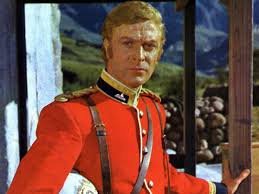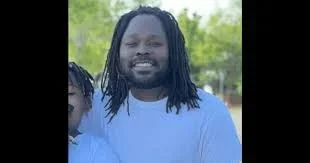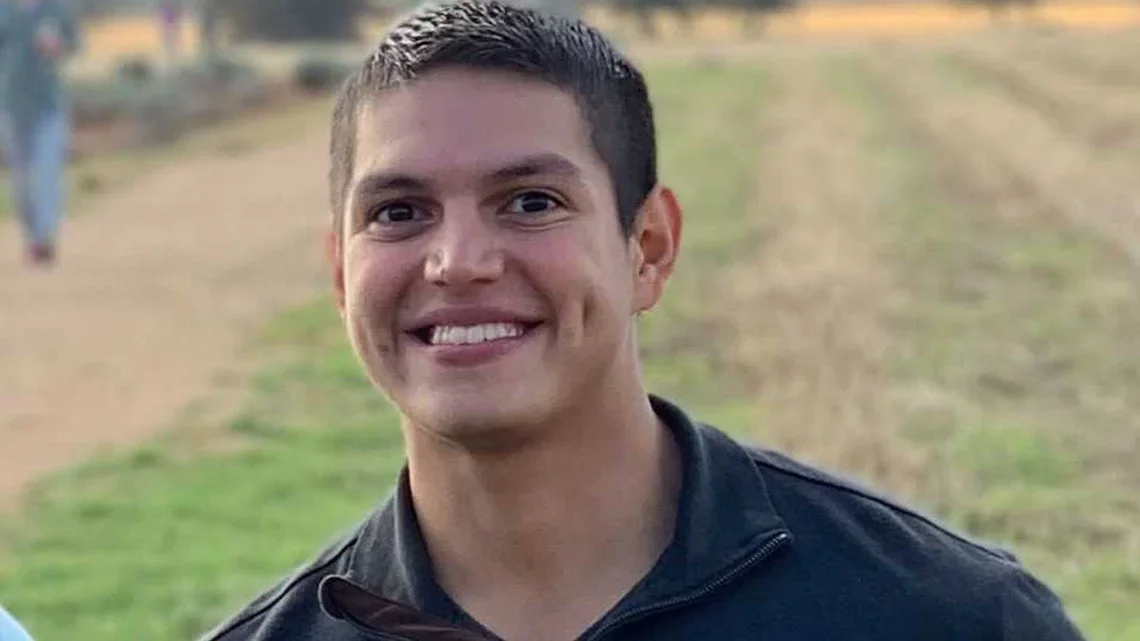Zulu: Cawl (Traditional Welsh Soup) Recipe 🥁🥁🥁🥁
/Year Released: 1964
Directed by: Cy Enfield
Starring: Michael Caine, Stanely Baker, Gert van den Bergh, Mangosuthu Buthelezi
(PG 13, 139 min.)
Genre: Action and Adventure, War Epic
“I came here to build a bridge.” Lieutenant John Chard
This 1964 epic is 31year-old Michael Caine’s breakout performance. He’s blond and semi-gorgeous, but also prissy, entitled, a “sleepy-eyed…arse,” who nevertheless ultimately shows both “guts and sensitivity.” (Roderick Heath)
Zulu depicts the Battle of Rorke’s Drift between the British Army and the Zulus in January 1879. It shows how 150 British soldiers, 30 of whom were sick and wounded patients in a field hospital, successfully held off a force of 4,000 Zulu warriors.
Caine, playing Lt. Gonville Bromhead with an upper class attitude and a clipped accent, is quite a departure from his real working class roots –born Maurice Joseph Mickelwhite, he was the son of a charwoman and a fishmarket porter – as well as the parts he later played, the direct opposite to the plumy-vowelled Bromhead and his initial arrogance.
Caine always has presence, but usually his arrogance is of the cockney variety, as well exhibited in The Ipcress File, released just one year after Zulu, where he plays a career soldier who has earned his way out of the brig. He is, according to his dossier in The Ipcress File:
“Insubordinate. Insolent. A trickster. Perhaps with criminal tendencies.”
“Yes, that a pretty fair appraisal, sir,” Palmer replies without missing a beat, subtly demonstrating alt least three characteristics at once.
***
What makes the film a classic is the display of several contrasting points of view, some changing during and after the battle, and certain contradictions even within one individual.
Adendorff, a Boer (the Afrikaans word for farmer, used to describe the people in southern Africa who traced their ancestry to Dutch, German and French Huguenot settlers who arrived in the Cape of Good Hope from 1652) refers to the Zulus as “the enemies of his blood,” but nevertheless has deep respect for them as warriors.
“They can run 50 miles in a day – run, mind you. And then fight a battle at the end.”
He is the realist of the bunch, straightening out Caine’s Bromhead at every turn, especially when Bromhead is casually racist about the Zulus who are working for the British.
Lt. Bromhead: The entire column? It's damned impossible! Eight hundred men?
Adendorff: Twelve hundred men. There were four hundred native levies, also.
Bromhead: Damn the levies, man, more cowardly blacks!
Adendorff: What the hell do you mean, "cowardly blacks"? They died on your side, didn't they? And who the hell do you think is coming to wipe out your little command? The Grenadier Guards? [Adendorff begins to walk away]
Lt. Bromhead: Adendorff, what's wrong with them? Why don't they fight?" “
Adendorff: They're counting your guns.
Lt. Baker: What?
Adendorff: Can't you see that old boy up on the hill? He's counting your guns. Testing your firing power with the lives of his warriors.
Lt. Bromhead: Sixty. We dropped at least 60, wouldn't you say?
Adendorff: That leaves only 3,940.
Lt. John Chard (Stanley Baker), who is not a fighting soldier, but an engineer brought there to build a bridge, perhaps having some deeper metaphorical meaning as suggested by one critic. Though he is Bromhead’s social inferior, he outranks him barely, since his commission was a few months earlier than Bromhead. And the two seem diametrically opposed in their notions of how to win the battle.
Bromhead wants to go meet the enemy; Chard decides to make a stand at the little compound they have. He puts the men to work piling up bags to make a fortress. prompting Bromhead’s disgust:
"You mean your only plan is to stand behind a few feet of mealie bags and wait for the attack?"
We also have the Reverend Otto Witt (Jack Hawkins), who considers the Zulus part of his parish and has even attended a mass wedding of Zulu maidens to Zulu warriors that very morning – the opening of the film, which is both disarming and filled with tension as well. He is aghast when he finds what has happened while he watching the wedding.
“While I stood here talking peace a war has started.”
The good reverend preaches against killing, but his sanctimonious stance is undercut by the fact that he has turned to his hidden brandy bottle and is so dead drunk that Lt. Chard finally turns him out, seeing his inebriated ravings as demoralizing. The reverend’s parting words, therefore, lack any real religious impact:
Death waits you! You have made a covenant with death, and with Hell you are in agreement. You're all going to die! Don't you realize? Can't you see? You're all going to die! Die! Death awaits you all!
***
Others surprise us as well. One is the Colour Sergeant Bourne (Nigel Green):
In some ways, Bourne is the key character in the film. He is the experienced old soldier, resolutely unflappable in the face of the Zulu onslaught, stoically mediating between the bickering officers, the frightened and bewildered rankers, and the troublemaking Hook. When the drunken Reverend Witt (Jack Hawkins) refuses to be pacified it is Bourne who confronts him with a dignified murmur: "Be quiet now, will you, there's a good gentleman. You'll upset the lads." –Pat Reid
Another surprise is the despicable malingerer, Pvt. Cole (Gary Bond), who finally hears the call of duty and ultimately is a fierce, heroic soldier.
The Zulus are presented as fierce warriors; their chief (Mangosuthu Buthelezi) is actually played by a descendent of the historic Chief Cetewayo.
Finally, in a subtle way, the film is really a cry against the British Empire and its plan to colonize South Africa. The Welsh and British troops fight because they have no choice; but after the battle is over, they are sickened by the carnage. It is then that we learn this is actually the first battle each of our “warring lieutenants” (Chard and Bromhead) has ever seen. Even after they “win” the battle, Bromhead confesses that he feels sick and ashamed.
Lt. Bromhead: Does everyone feel like this afterward?
Lt. Chard: How do you feel?
Lt. Bromhead: I feel... sick.
Lt. Chard: Well, you have to be alive to feel sick.
Lt. Bromhead: You asked me, I told you. There's... something else. I feel ashamed. Was that how it was for you? The first time?
Lt. Chard: The first time? You think I could stand this butcher's yard more than once?Lt. Bromhead: I didn't know.
Lt. Chard: I told you. I came up here to build a bridg
A must see for Michael Caine fans and certainly a classic depiction of battle that ranks right up there with The Longest Day, The Charge of the Light Brigade, Battle of Britain, Saving Private Ryan, Black Hawk Down, or 13 Hours: The Secrete Soldiers of Benghazi.
–Kathy Borich
🥁 🥁 🥁 🥁
Trailer
Film-Loving Foodie
Lt. Chard’s first order seems crazy, especially to the Welsh cook who has labored all day to make a huge kettle of soup for 100 men. “Dump it on the fire, “he commands
Not because the soup is bad, or that his men will certainly not have the leisure to taste it with 4000 Zulus running their way. Nor because the fire can be used to set afire to the thatched roofs of the small medical compound where the troops must make their last stand.
Well, even if they cannot enjoy this soup, we can.
Cawl (Traditional Welsh Soup)
The cawl recipe originated from the local farming community of Cardiganshire. There are regional variations throughout Wales as to what meat is used — some use pork or mutton; we use shin beef. The quantities used here are based on my own requirements for two to three days, as this soup is one that improves on subsequent re-heating. Serve with lightly buttered bread and good, mature Cheddar cheese. – Beryl Cavies
Ingredients
· 2 quarts water
· 12 ounces beef shank
· 2 large onions, chopped
· 2 large carrots, sliced
· 1 rutabaga, diced
· salt and pepper to taste
· 4 potatoes, peeled and quartered
· 1 small head cabbage, sliced
· 2 leeks, sliced
· 2 tablespoons chopped fresh parsley
Directions
Bring water to boil in a large pot. Place beef shank into water and simmer, 1 1/2 hours. Let cool overnight. Lift meat out, trim off gristle and cut meat into medium-sized pieces; set aside. Skim fat from surface of stock, or strain through a fine sieve.
Return stock to heat, and bring to a boil. Add onions, carrots, and rutabaga. Season with salt and pepper. Simmer for 1 hour. Add potatoes, and simmer until tender, 15 to 20 minutes. Stir in the cabbage, leeks, parsley, and reserved meat. Simmer for 10 minutes, or until cabbage is tender.






















